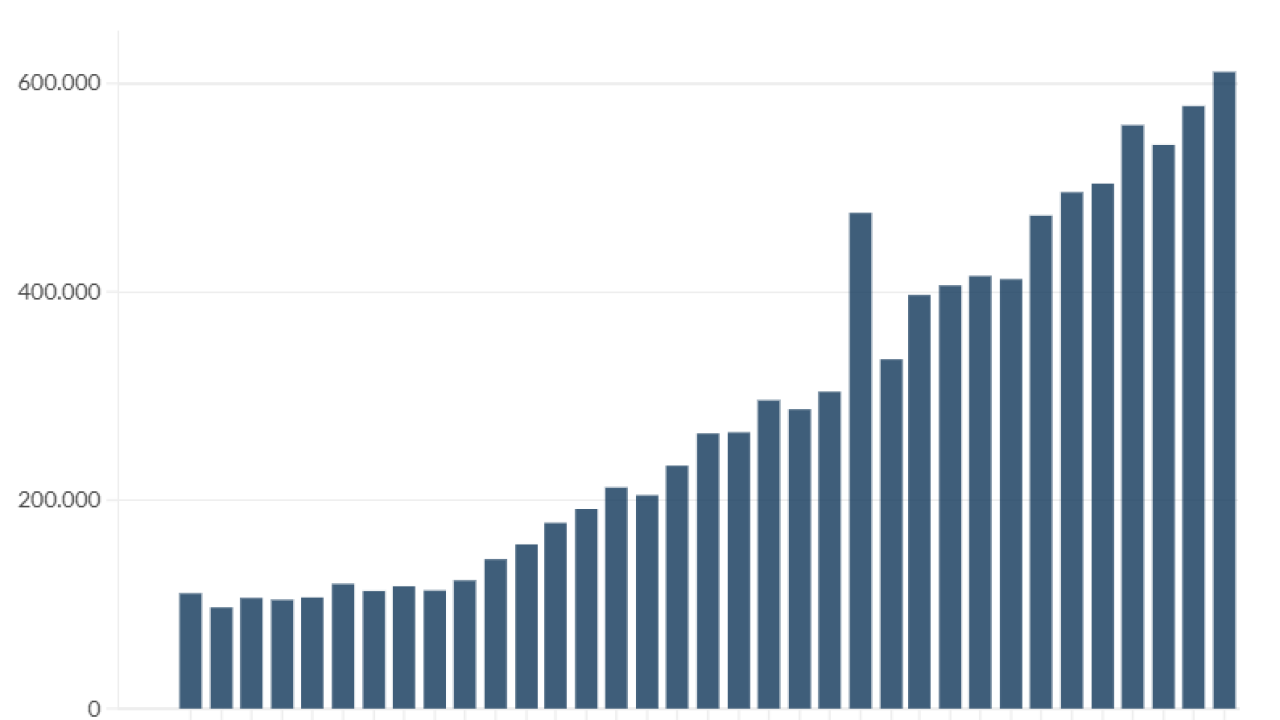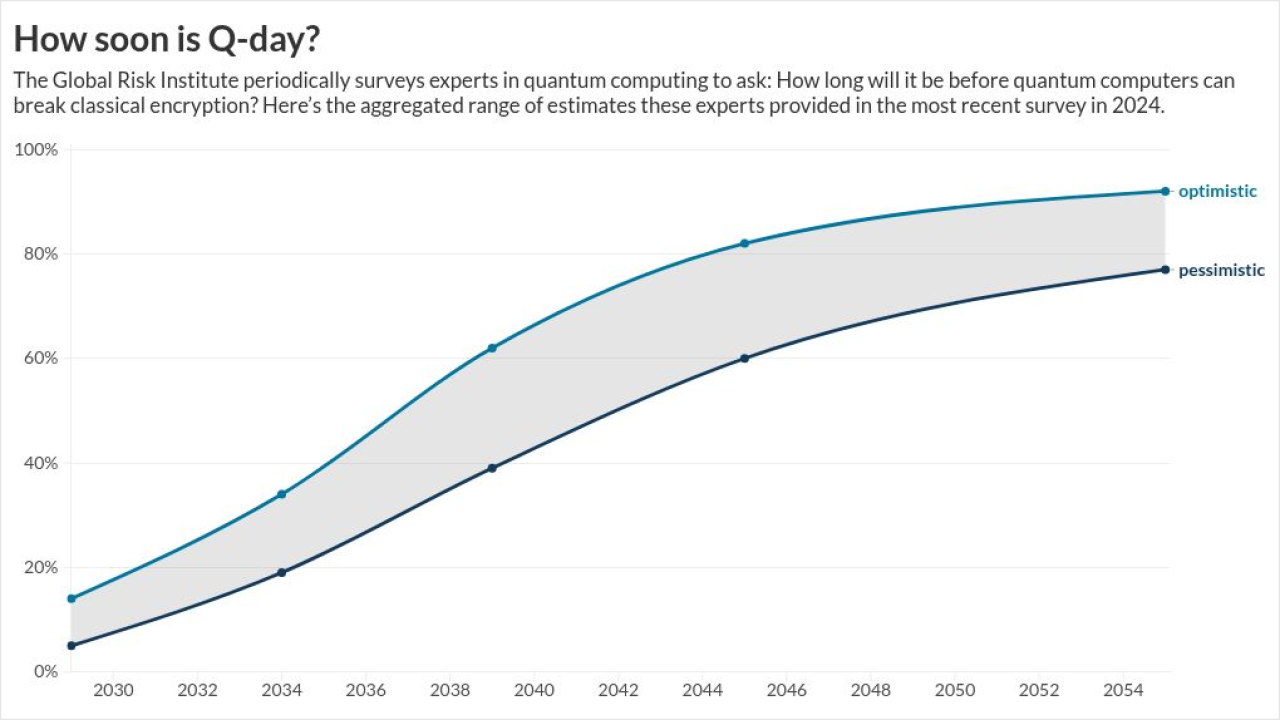-
Bankers and prepaid card executives defended the industry’s much-criticized fees on Wednesday, saying that prices and practices have improved as the industry has matured.
May 9 -
JPMorgan Chase's new prepaid card, Liquid, is being marketed as an alternative to a bank account, but its underlying terms make clear that it's more of a complement to one.
May 9 -
During a congressional hearing, consumer advocates criticized a range of prepaid industry practices. But they also acknowledged that Congress may not need to act now, given the CFPB's oversight of the industry.
March 14
Prepaid companies have lowered their card fees over the past few years, but now regulators may give the still-fractured industry another push towards simpler prices.
Prepaid cards appeal to a diverse and growing consumer base, and more established companies, including NetSpend (NTSP) and Green Dot (GDOT), are finding themselves increasingly competing with new entrants, including banks.
Some prepaid operators, including some companies
"In some ways, as regulations around things like disclosures come in, then the fees will get simpler and get more competitive as different companies try to angle to pick up more customers," says Ben Jackson, a senior analyst at Mercator Advisory Group.
The CFPB said
"There is a lot of variation in the fee models for GPR cards, and that's due in my view to the fact that there are a lot of different consumers who use these cards differently. Certain fee models will be attractive for one demographic and another will be attractive for another," says Chris Daniel, a partner at law firm Paul Hastings.
Despite
"I have seen the fees drop over time," Laura Kelly, senior vice president for global product and marketing at American Express (AXP), told American Banker on the sidelines of SourceMedia's annual CardForum
"When I first got in the industry a fee of $10 a month was very common, and there were some cards that came with a purchase fee of $15 or $20. So that's definitely come down," she added.
Even some consumer advocates, who continue to push for better prepaid card disclosures and protections, acknowledge that some fees are being cut.
"For the most part monthly fees are dropping…[and] in some cases activation fees have disappeared," says Michelle Jun, a senior attorney with the Consumers Union, and author of several annual reports comparing more than a dozen prepaid cards.
The majority of cards the Consumers Union reviewed in 2012 — 13 prepaid cards out of 16 — charge monthly fees ranging from $2.95 to $9.95. Several companies, including NetSpend and Western Union (WU), have dropped their $9.95 activation fees in recent years, according to the report. (http://www.consumersunion.org/pdf/Prepaid_Cards_Report_2012.pdf)
Analysts attributed part of that drop to
Wal-Mart's decision was a "price-setting moment" for the industry, says Mercator's Jackson.
As more companies get into the prepaid market, competitive pressures on prices are mounting. A number of banks, including JPMorgan Chase (JPM) and Regions Financial (RF), have started issuing prepaid cards at what analysts call competitive rates.
JPMorgan Chase's Liquid card, for example, has a $4.95 a month fee, and is
"You have … the large bank entrants and American Express. That market pressure has created a downward thrust on fees as well," says David Newville, a policy manager at the Center for Financial Services Innovation.
"I think you will see fees go down more as this continued thrust toward using prepaid as an alternative to bank accounts happens," he adds. "It's to the advantage of the industry to use them as bank account replacements," with consumers using the cards "more heavily, swiping more, and with larger balances on card."





